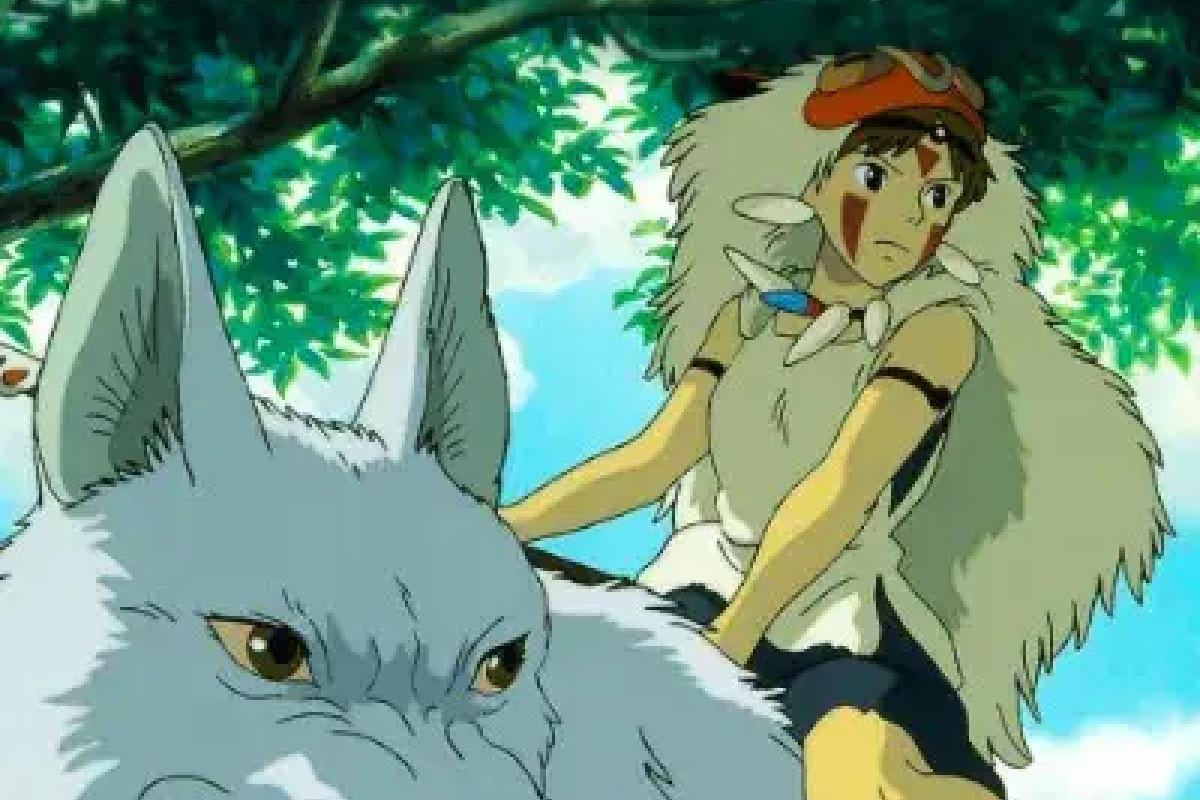Why 'Princess Mononoke' Remains Relevant: Lessons on Nature and Human Conflict

Few movies capture emotion and storytelling as powerfully as Hayao Miyazaki’s Princess Mononoke. With stunning animation that shows the beauty of ancient forests and a music score that heightens every moment, this film takes viewers to a world that feels both magical and real. Released in 1997, this movie isn’t just entertaining; it also offers important ideas about how humans interact with nature, face conflicts, and understand themselves. Even now, Princess Mononoke inspires us to seek balance, kindness, and bravery in our lives.
Finding Balance Between Humans and Nature
At its heart, Princess Mononoke tells a story about balance—how humans and nature need to live in harmony. This balance is shattered when a demon-possessed boar attacks Ashitaka’s village. Ashitaka’s journey to find answers leads him into a fierce battle between Iron Town, run by Lady Eboshi, and the spirits of the forest, defended by San (Princess Mononoke). Both sides have good reasons for their actions: Lady Eboshi helps her people survive through industry, while the forest gods fight to protect their home from destruction.
This conflict reminds us of the real-world challenges we face with environmental issues. As forests disappear and cities grow, Princess Mononoke asks us to think about how we can balance progress with protecting nature. The movie doesn’t say technology is bad or nature is perfect—it shows that both can exist together if we’re willing to find a middle ground. This lesson encourages us to think about what we can do every day to care for the environment while still moving forward.
The Power of Empathy
One of the most memorable parts of Princess Mononoke is how it avoids making anyone a clear villain. Lady Eboshi, while cutting down the forest, also shows kindness by helping people who are sick or outcasts. San, although fiercely loyal to the forest, struggles with her anger toward humans and her own identity. Ashitaka, the main character, chooses to "see with eyes unclouded by hate" and tries to understand both sides. He shows this when he rescues injured men from Iron Town, even though they come from the side harming the forest. He also listens to San’s anger and Lady Eboshi’s goals, showing empathy for both.
In a world full of disagreements, this message is more important than ever. Empathy helps us see things from another person’s perspective and find common ground. Whether it’s with friends, at work, or in larger conflicts, learning to understand others like Ashitaka does can make a big difference.
Standing Up for What You Believe
Ashitaka’s journey is also about having the courage to stand up for what’s right, even when it’s hard. He is cast out of his village and cursed, yet he doesn’t give up. Instead, he follows his sense of duty and works to bring peace between the humans and the forest spirits. Even when both sides mistrust him, he stays true to his goal.
This is a powerful example for anyone facing tough situations. Standing up for your beliefs can be lonely and challenging, but it can also bring positive change. Ashitaka’s actions remind us to act with honesty and courage, even when it’s not easy.
Figuring Out Who You Are
San’s struggle between her human roots and her loyalty to the forest mirrors the search for identity that many people experience. Her connection with the wolf gods, especially Moro, her adoptive mother, shapes her fierce commitment to defending the forest. Moro’s guidance gives San a sense of belonging, even as she battles her human side. This relationship shows how important the people (or wolves!) in our lives are in shaping who we are.
By the end of the film, San and Ashitaka choose to stay connected even though they are different. This shows how people can accept their differences and still build relationships. In today’s diverse world, this lesson teaches us to embrace the variety of influences in our lives while staying true to ourselves.
Lessons That Last Forever
The power of Princess Mononoke lies in its complexity. It doesn’t give simple answers but raises big questions. Can industry and nature exist without harming each other? How can empathy bring people together when they’re on opposing sides? These unanswered questions make the movie meaningful and thought-provoking. Despite the challenges it shows, the film also offers hope: if we treat each other and the planet with care and respect, healing is possible.
So, what can we learn from Princess Mononoke? Maybe it’s Ashitaka’s determination to face challenges head-on. Maybe it’s San’s fierce love for her home or Lady Eboshi’s efforts to help those in need. Or maybe it’s the reminder that everything is connected—people, nature, and the stories we share.
Princess Mononoke is more than just a movie. It’s a call to action, a reflection on how we live, and a celebration of the human spirit’s strength. As we navigate our own challenges, its lessons can guide us toward a future built on harmony, understanding, and courage.